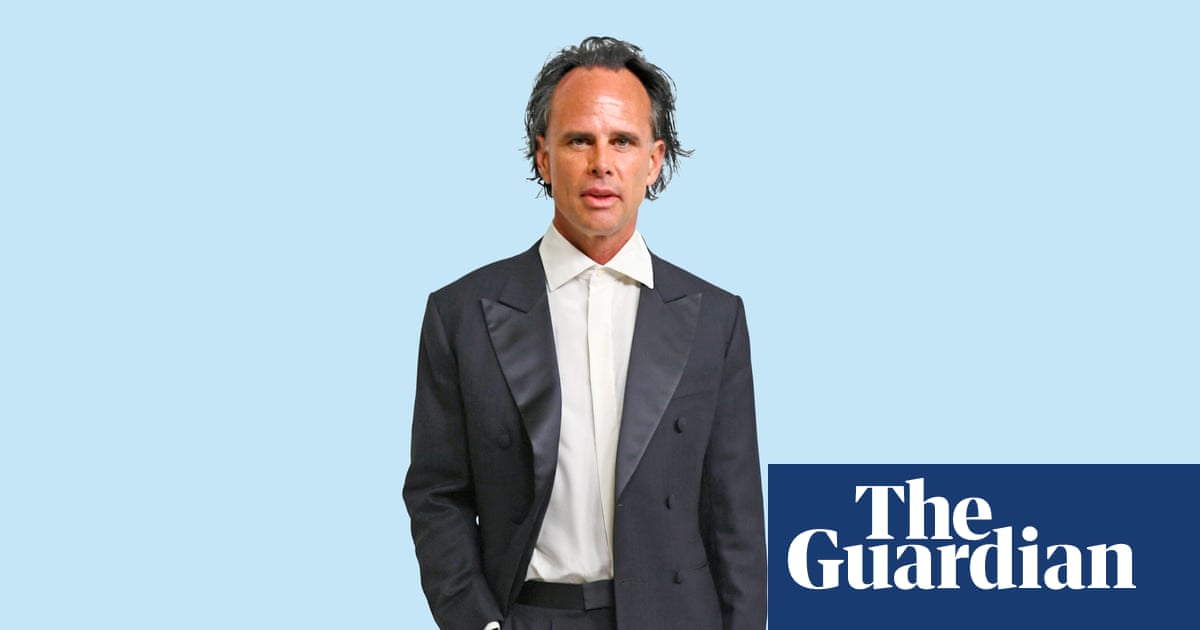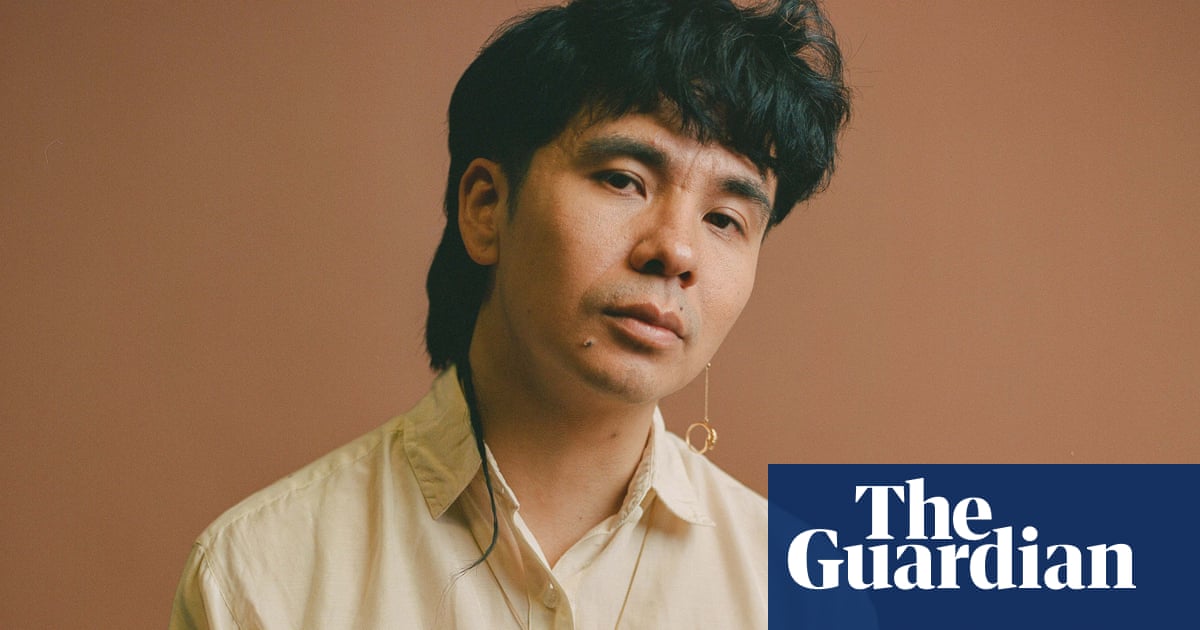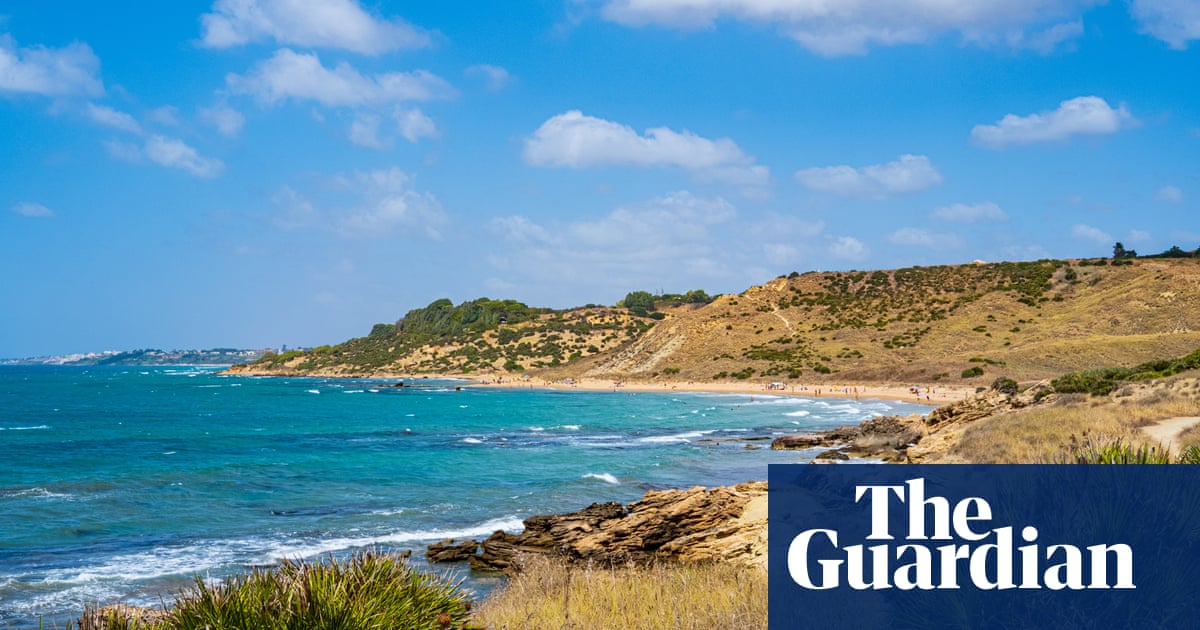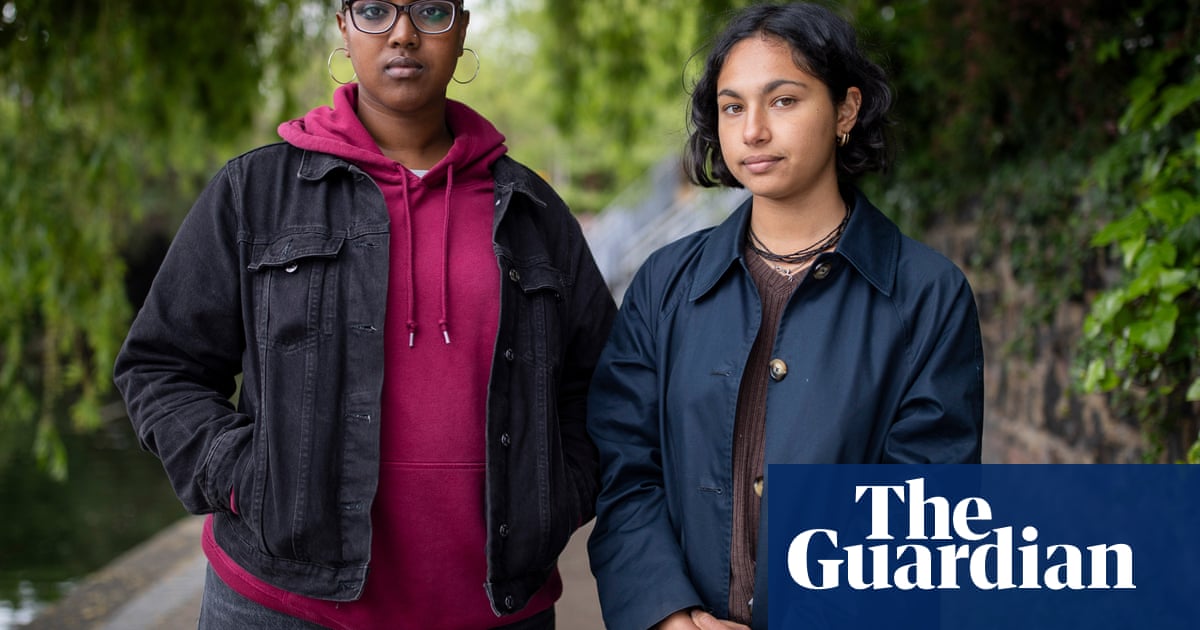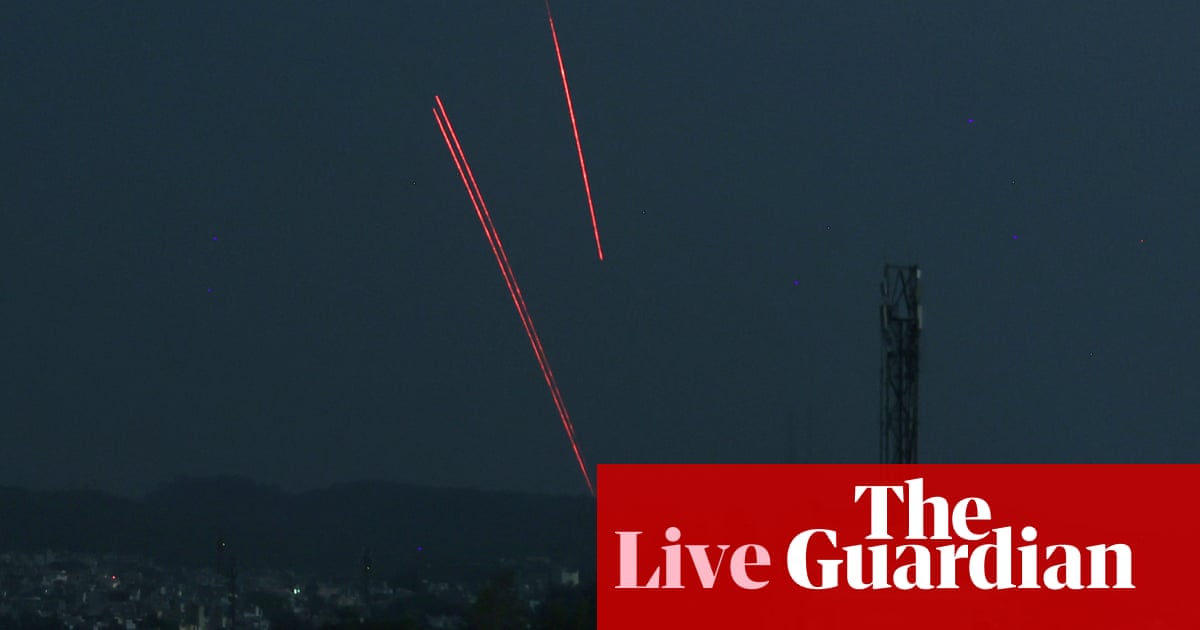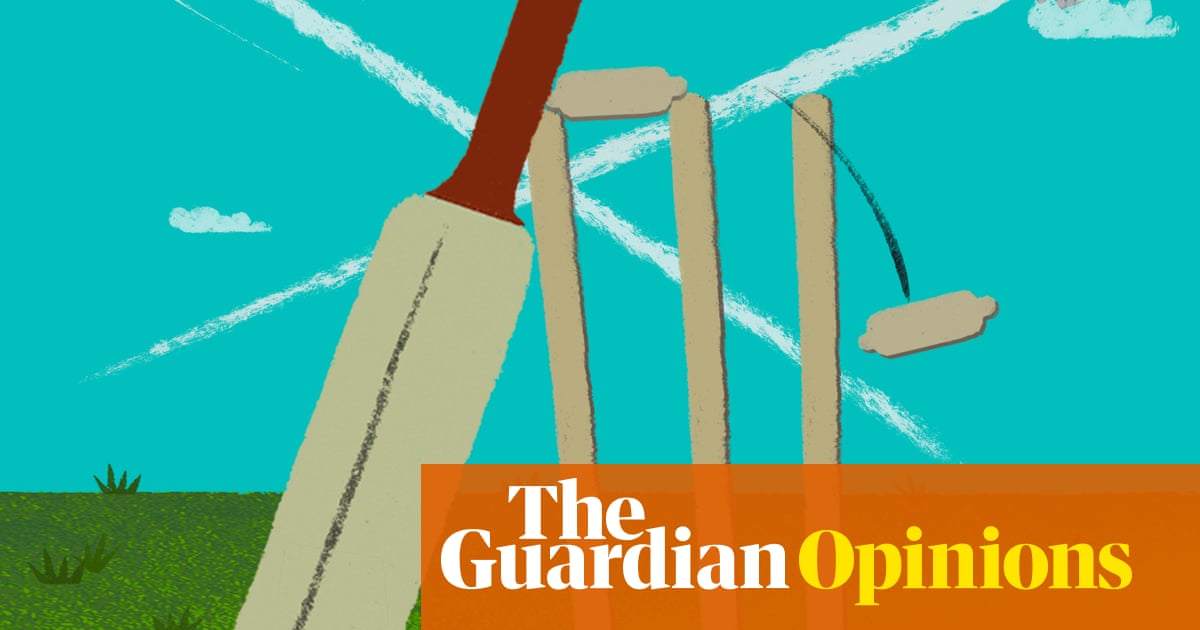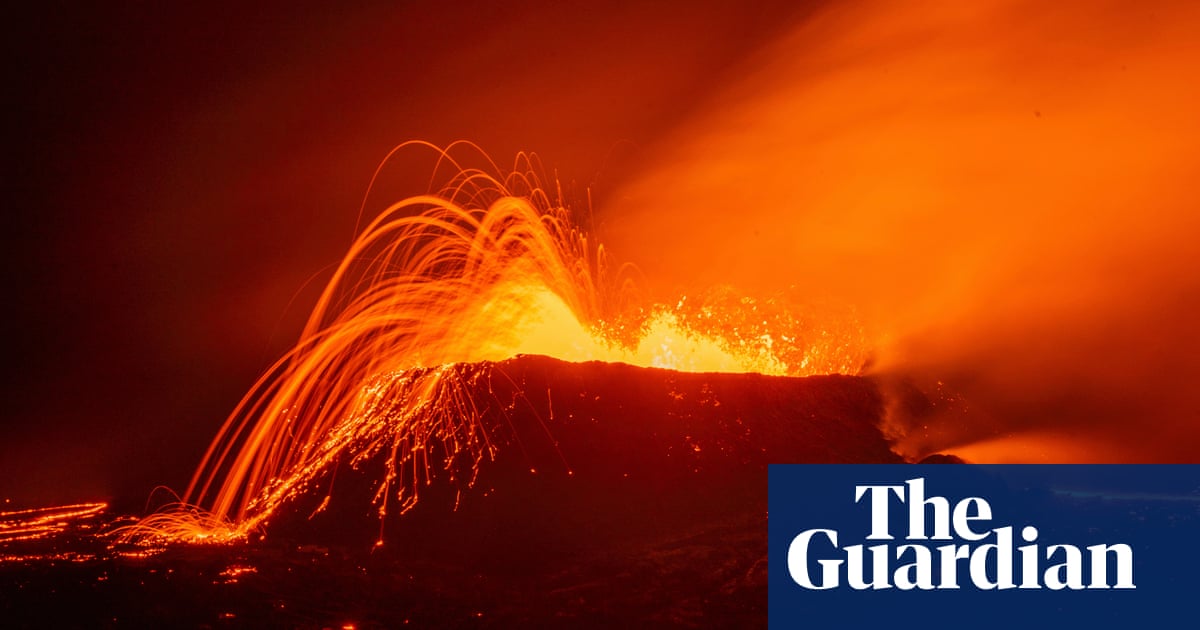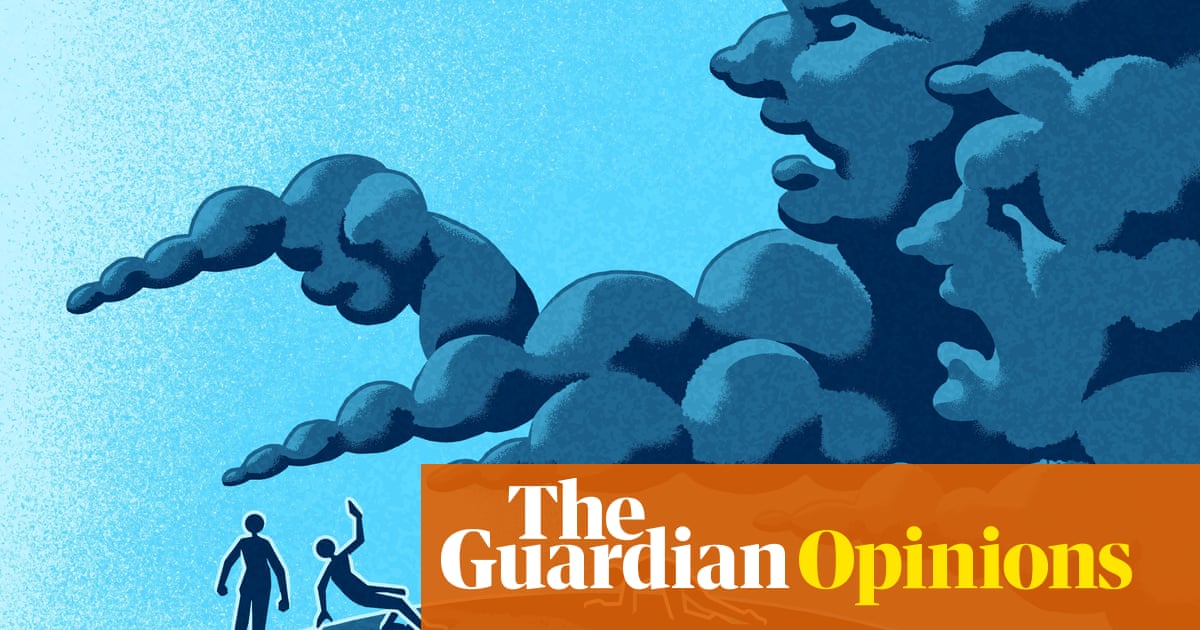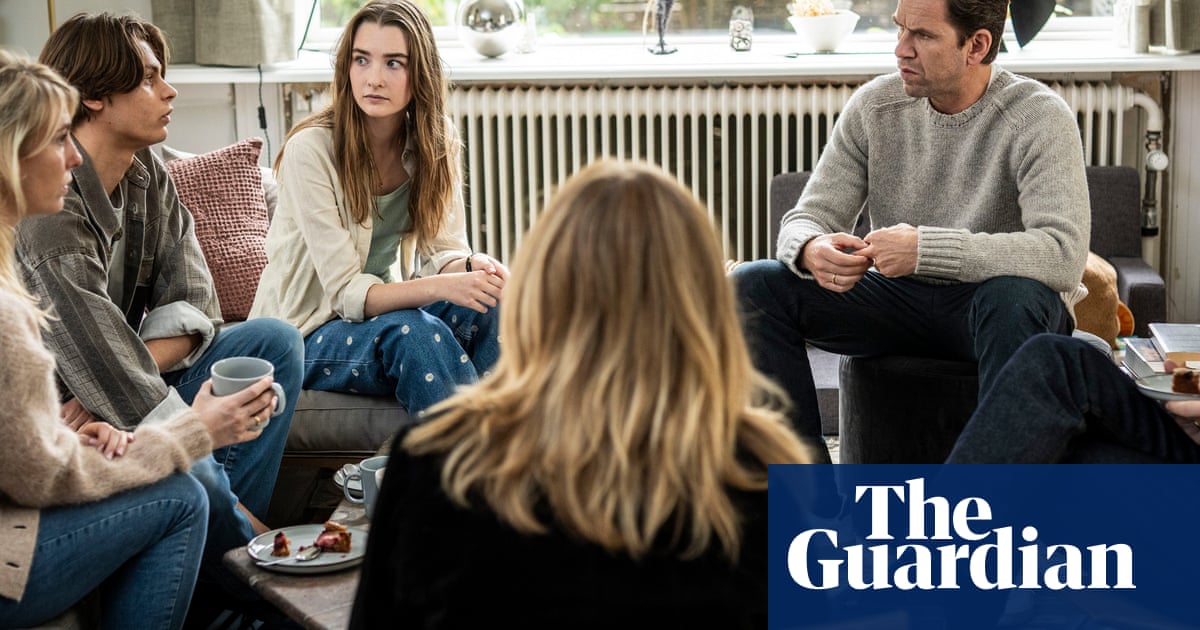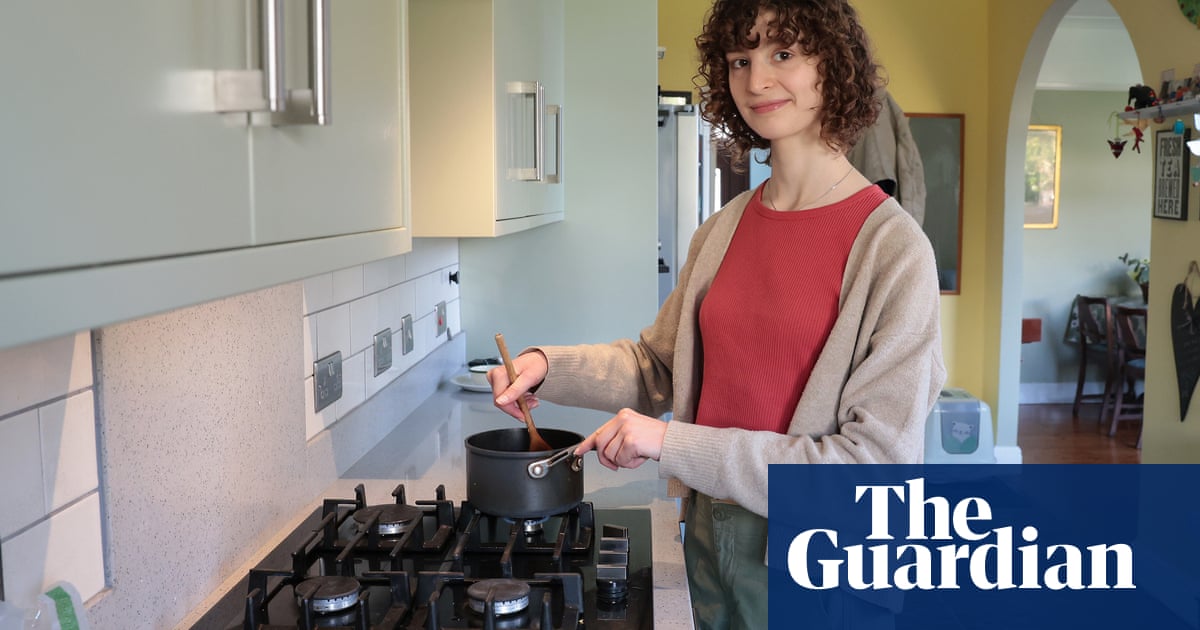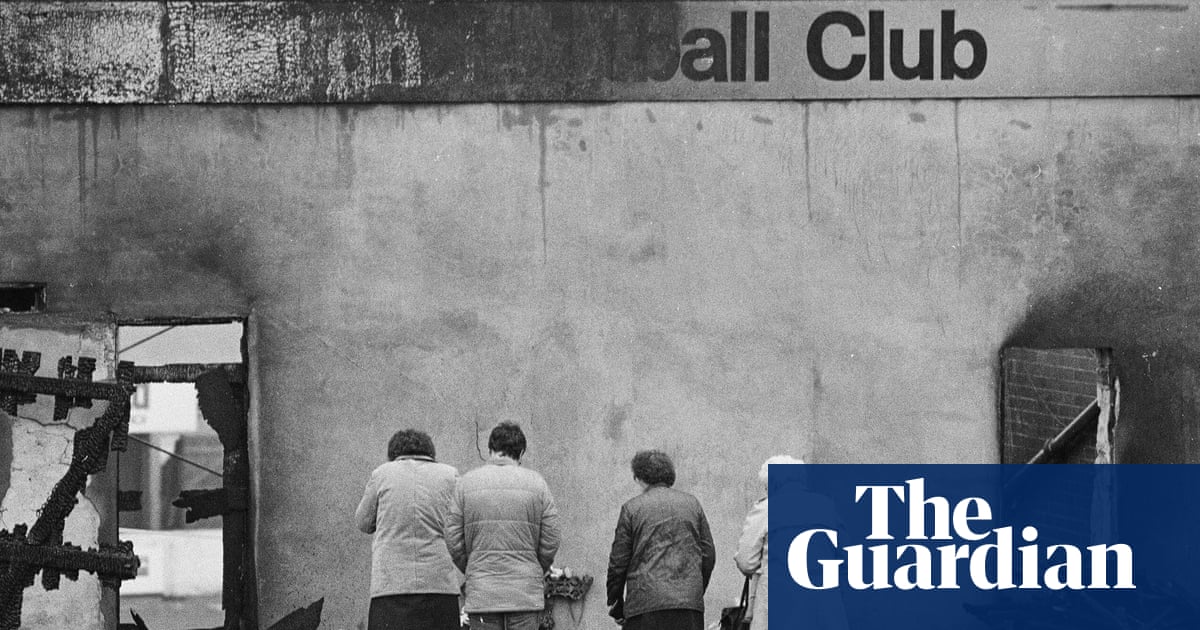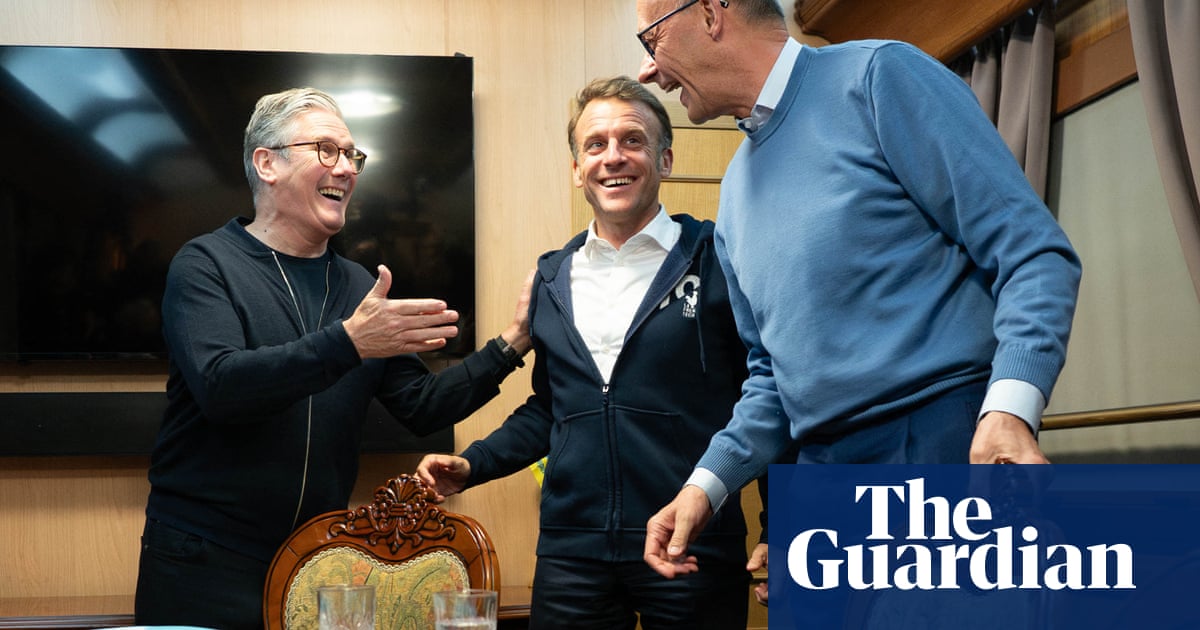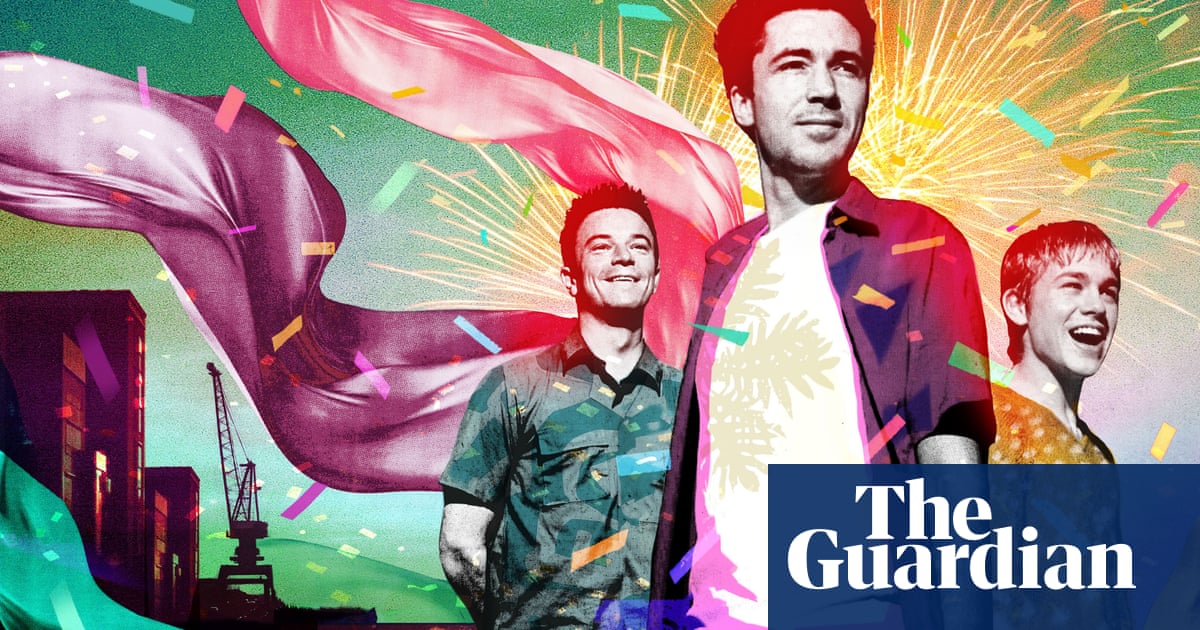It wasn’t something I saw coming. A film about the situation in the West Bank – an evergreen story if ever there was one – going viral. Appreciation, dismay, gratitude, outrage at what the film showed … Through the week it kept going. More retweets, more feedback, a little bit of pushback. Shock was the theme of many messages – the idea that this was going on. And a feeling of: “At last.” “At last, mainstream British TV is saying something about what is happening.”
The film was a follow-up of sorts. In 2010, I’d made a documentary called Ultra Zionists. It was a look at the Israeli religious nationalist community that exists in the West Bank – the area across the eastern edge of Israel that has been under military occupation since the six-day war of 1967. Now, a decade and a half on, with the world’s attention on Gaza, it was being reported that the settlers were ramping up their activities. The Israeli government had given them thousands of assault rifles. Shootings of Palestinians, vandalism of their property and harassment were all on the rise.
We envisioned the film as a kind of road movie through a region under military occupation. On two trips of a little over a week each, with my director Josh Baker and producers Sara Obeidat and Matan Cohen, I drove up and down the West Bank. I made inroads in the settler community, interviewing exponents of the settler mindset. People such as Ari Abramowitz of Arugot Farm, a resort for tourists that sits deep inside the occupied West Bank. Abramowitz was born and raised in Texas but came to Israel as a young man, qualifying for Israeli citizenship due to his Jewish heritage. For our interview, he met me wearing an assault rifle and a handgun. He took me on a tour of the land and declared his view that the Palestinian people “don’t exist”.
I also spent time with Daniella Weiss, the woman often touted as the “godmother” of the settler project. An energetic 79-year-old, Weiss has been working to expand Israeli presence in the West Bank – or Judea and Samaria, as she calls it – for more than 50 years, lobbying governments, raising funds domestically and internationally, promoting a vision of an entirely Israeli-ruled region, with the Palestinians pushed to either accept it or leave.
Weiss hosted me at her suburban-style home in the settlement of Kedumim, amid books and family photos. Showing me a map on her wall, she explained that Lebanon, Jordan and parts of Syria, Saudi Arabia and Iraq were all part of Greater Israel. She explained the settlement process, of creating ever more outposts of religious Israelis. Under international law, the moving of a civilian population into occupied territory is a war crime, I said. This amused her. I mentioned that elements of the Israeli security apparatus viewed her activities with dismay and criticised the extreme settlers for engaging in what they called “Jewish terror”. She shrugged this all off.

We saw her in action at an event promoting the idea of Jewish-only settlements in Gaza – the latest frontier in settler activity. In a fiery speech, she announced that the Palestinians of the region needed to leave and go to other countries – to Turkey, to Canada – anywhere else. On another visit to the Gaza border, she brought a prominent rabbi, Dov Lior. With the smoking ruins behind him, he spoke of the need to “cleanse” the land of “camel riders”. In the encounter that made the film’s closing scene, Weiss and I had a heated exchange of views on a hilltop at Evyatar, the latest settlement to be recognised by the Israeli state.
Over the days of the shoot, driving around through checkpoints, past blast walls and guard towers and olive groves and Palestinian towns, I thought back to my previous visit 14 years before. Much was still the same. The same sense of a two-tier society: Jewish settlers who lived protected under Israeli civil law; Palestinians who were subject to an opaque regime of military rule, with roads closed, life made difficult in ways big and small. The daily indignity of queues and passport checks. The fear of settler vandalism and intimidation.
The reaction to the film, when it aired, was immediate. Positive write-ups and massive online commentary. Some reviews thought they detected a new “seriousness” in my approach. They referenced a moment when I told Daniella Weiss her views seemed “sociopathic” – after she suggested she was only interested in the welfare of her own people and didn’t give any thought to other people’s. It was said I seemed more assertive than usual. I’m not sure whether that’s true. But I do think the gravity of what is unfolding gave the encounter more impact.
A few pieces were critical of the film. The main charge was that I’d focused on a handful of crazies who weren’t representative of the wider community. “Weiss is a crackpot,” wrote a reviewer in the Daily Mail. On X, the Conservative environmentalist Ben Goldsmith claimed that the extremists in the film “represent a nutty fringe in Israeli society … about as … accurate a representation of the whole as Tommy Robinson is of UK society”.
But this comparison reveals what makes the situation in the West Bank so peculiar. In the UK, Robinson is widely seen as a fringe actor. He is excluded from politics and shunned by those close to government. And yet here was a situation where a similar figure enjoys enormous clout within the Israeli cabinet and who has the protection of the army in her project of settler expansionism. As the Haaretz journalist Etan Nechin said, responding to Goldsmith, “their representatives are literally sitting in the government and control everything from the police to treasury”.
Others asked why I didn’t mention that hundreds of thousands of the Palestinians who live under occupation in the West Bank are already refugees – or the descendants of them – having been pushed off land they lived on in 1948 when the state of Israel was created. Now they face potentially a second displacement, with settlers – and elements of the Israeli state – pushing for further deportations and continuing to make life intolerable for Palestinians.
The part of the analysis that was less explicitly stated but present in the background was the idea of “why pick on Israel?” – the idea that atrocities of comparable seriousness are taking place in other parts of the world and that by reporting on religious nationalist Israeli extremism we may have contributed to anti-Jewish sentiment. I take this charge seriously, for reasons I hope are obvious.
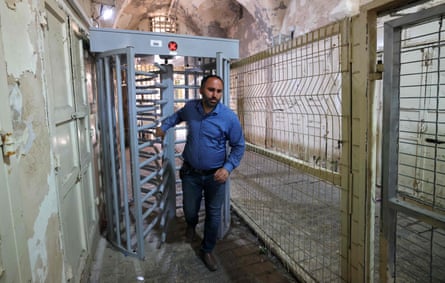
But the urgency here is that West Bank settlers are a bellwether for where society may be going in countries across the west. In the past, the settler agenda has been supported by governments on both the left and the right but it’s currently being embraced by populist leaders and elements of the far right who find much to like about its ethno-nationalist and anti-democratic character. Around the same time that the documentary aired, Israel’s national security minister, Itamar Ben-Gvir, who is a settler, was being hosted at Mar-a-Lago. And so a film about extreme West Bank settlers isn’t simply about a region of the Middle East. It’s also about “us”.
While the global response to The Settlers has been encouraging in the main, there is also an aspect to it that is deflating. As Peter Oborne pointed out, quite rightly, in a sympathetic review, “this film tells us nothing new about the situation in the occupied West Bank”. The facts were well known to those paying attention – from the Oscar-winning No Other Land, to ITV’s Our Land: Israel’s Other War, a documentary that includes extraordinary scenes of settlers seizing control of farmland and making veiled references to intimidation and displacement.
One of the sadder and more outrageous results of our film involved the Palestinian activist Issa Amro. Amro lives in Hebron, a West Bank city that, since 1968, has had 700 or so settlers living at its very heart, in a cordon of Israeli military occupation. We filmed Amro on a walk through this so-called “sterile zone” – the term the army uses. Just a few days after the film aired, Issa reported on his social media that he had been harassed by settlers and soldiers at his home, in what appeared to be a reprisal for his participation in our documentary. Our team got in touch with him and did its best to provide appropriate support.
The scholar and writer Hamza Yusuf said on X that the outrage over everything depicted in The Settlers “says a lot about how well the media has shielded the public from the brutal reality of Israel’s occupation”. As proud as I am of the film, I know that our documentary could never capture the full impact of what is unfolding in the West Bank. The reality of the displacement and harassment is often in interactions that are more extreme than those I saw.
So I am grateful for the reaction. I encourage people to read and consume more on the subject. I’m glad we were able to show as much as we did. I also wish we could have shown much more.
-
As told to Jason Okundaye. Louis Theroux is a documentary presenter

 5 hours ago
7
5 hours ago
7
